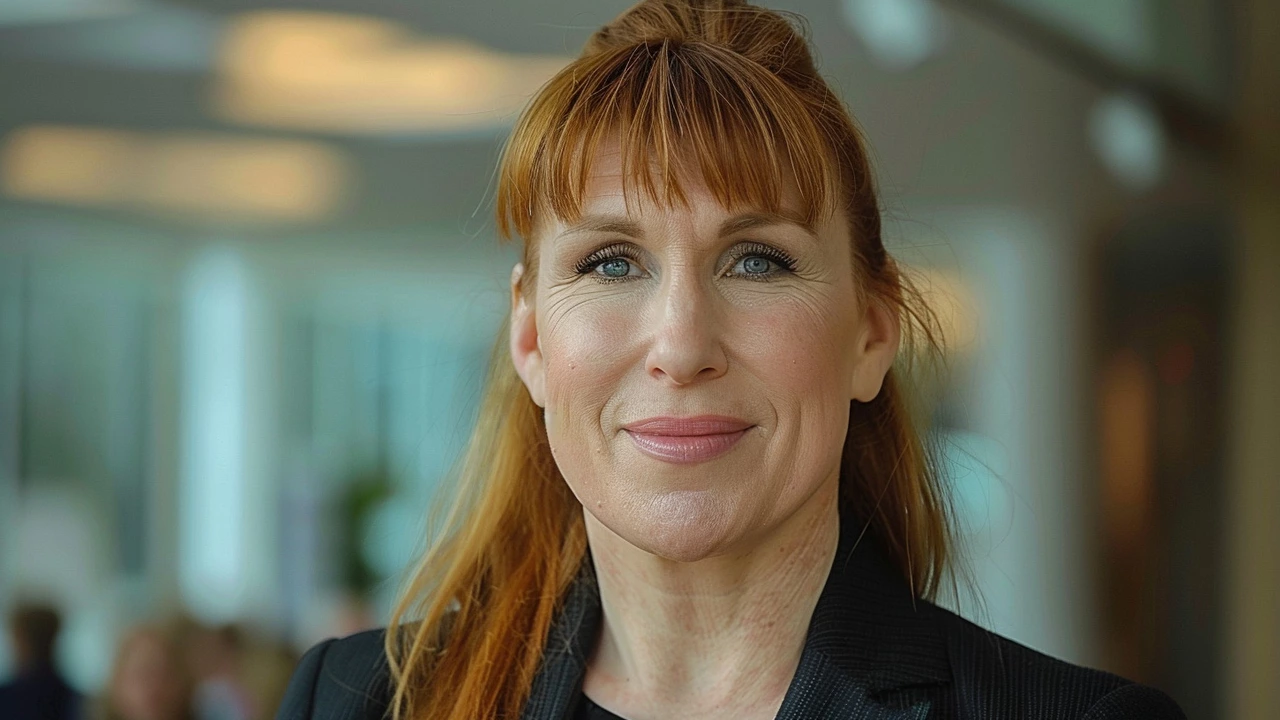Angela Rayner – Who She Is and What’s Next
Angela Rayner is a big name in UK politics right now. Many people know her as the Labour Party’s deputy leader and the country’s deputy prime minister. If you’ve heard her name on the news, you probably wonder what she actually does day‑to‑day and why she matters to you. In this guide we’ll break down her background, her current job, and the issues she’s pushing forward.
Born in Manchester, Rayner worked her way up from a care‑assistant to a parliamentary researcher before landing a seat in the House of Commons. She’s never hidden that she comes from a working‑class background, and that experience shapes her political style. She’s outspoken, direct, and often uses plain language to connect with voters who feel ignored by traditional politicians.
Current Role in Government
As deputy prime minister, Rayner holds one of the most senior positions in the UK cabinet. She also serves as Secretary of State for Levelling Up, Housing and Communities. In practice, that means she oversees policies aimed at closing regional gaps, improving public housing, and boosting local economies. When she visits a town hall or a new housing project, she’s not just a figurehead – she’s there to listen, answer questions, and push funding through the bureaucracy.
Every week she attends cabinet meetings, where she helps shape the government’s overall agenda. Her voice is especially strong on education and social mobility, reflecting the issues she faced growing up. If you follow the parliamentary agenda, you’ll see her name attached to proposals on apprenticeships, child poverty, and employment rights.
Key Issues She’s Tackling
One of Rayner’s biggest pushes right now is the “levelling up” agenda. She argues that people in northern England, the Midlands and Wales deserve the same opportunities as those in London. That translates into investments in transport links, broadband upgrades, and better schools. She’s also championing rent‑control measures to make housing more affordable for young families.
On the social front, Rayner is vocal about mental health services. She’s called for more funding for community mental health teams and for training teachers to spot early signs of distress. Her stance on workers’ rights includes backing for a higher minimum wage and stronger protections for gig‑economy workers.
If you want to keep tabs on her work, follow the official UK government website or the Labour Party’s news feed. Those sources publish statements, policy briefs and upcoming event dates. Social media also gives a quick glimpse of her daily activities – you’ll often see her posting photos from local schools, talking directly to constituents, or sharing her thoughts on new legislation.
In short, Angela Rayner is more than a name you hear in headlines. She’s actively shaping policies that affect housing, jobs, education and mental health across the country. Understanding her role helps you see how national decisions trickle down to your community. Stay tuned to her updates; they’re a good barometer for where UK politics is heading in the next few years.

Greater Manchester Police Cleared Angela Rayner After Residential Investigation
Greater Manchester Police have wrapped up their rigorous investigation into Angela Rayner's previous residential controversy without taking any action. The probe, spurred by a dispute over the sale of her Stockport home in 2015, examined potential tax issues. A spokesperson confirmed thorough considerations, but noted that council and personal tax matters fall outside law enforcement jurisdiction, referring the findings to relevant authorities.